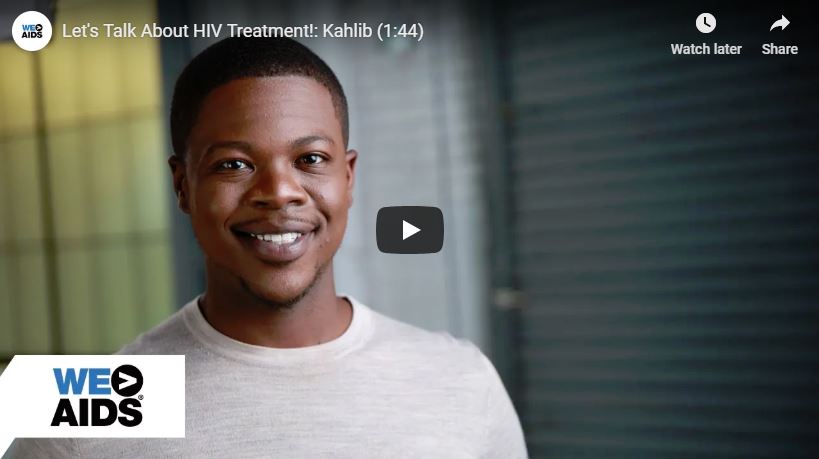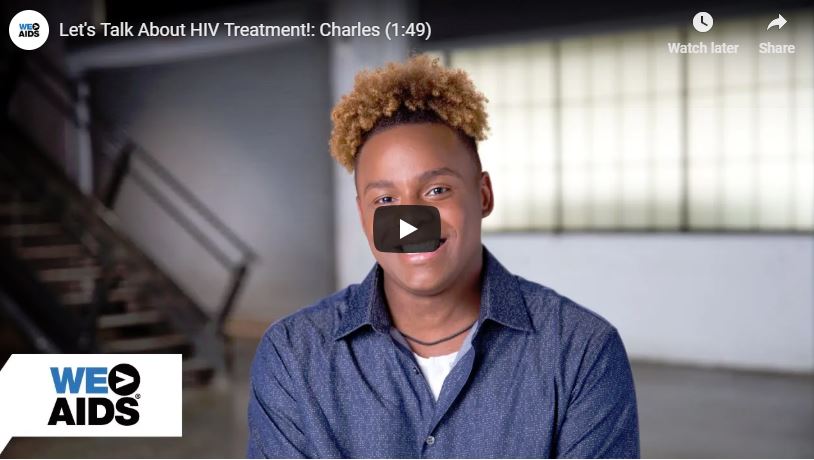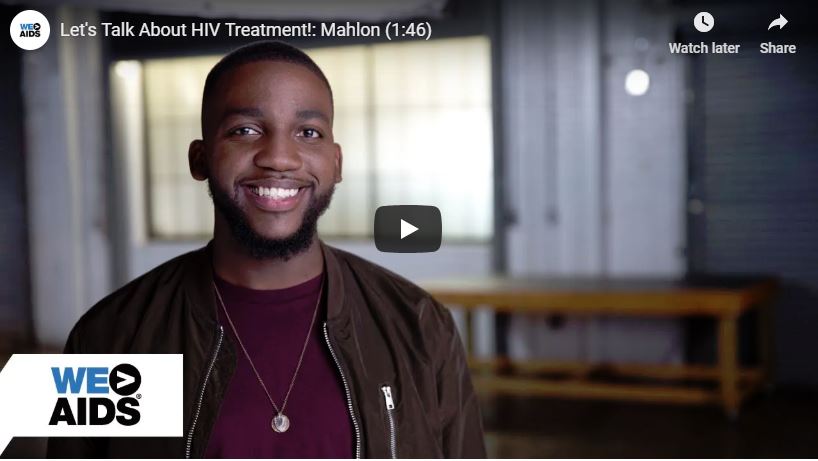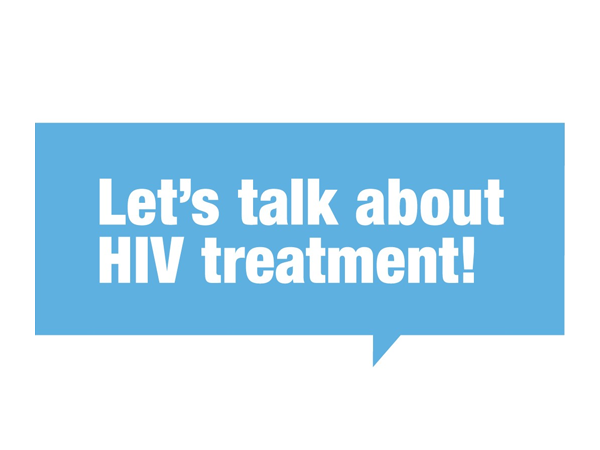“It felt really tough when I first was diagnosed. I did not want to seek treatment at the time because I didn’t know what that looked like.” That was several years ago. Today, with ongoing HIV treatment and care Mahlon is healthy and living his best life.
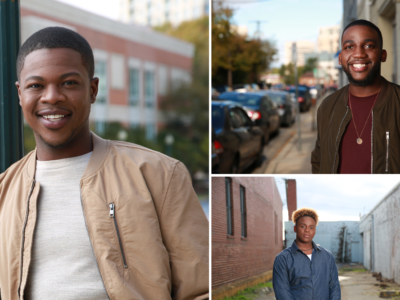 Getting the Care and Support You Deserve
Getting the Care and Support You Deserve
In a powerful new video series from Greater Than AIDS, Kahlib, Mahlon, and Charles open up about coping with an HIV diagnosis and not knowing how to get connected to care, or even what was available to them.
From diagnosis to care and treatment, these young people share their journeys living with HIV, the struggles they overcame and how they went from merely surviving to thriving.
For Kahlib, it was being connected with a woman living and thriving with HIV to see what life could be like. Through a program to support young people with HIV, he was able to get on antiretroviral treatment and today has an undetectable viral load. “It was very helpful for me to be explained about what all of the CD4 T-cell, what all of that meant. What it looked like for me. And, how the medicine was going to actually help me.”
The science on the benefits of HIV treatment is clear. A person diagnosed with HIV who is in ongoing care and treatment can live a normal lifespan. When the virus is suppressed – also referred to as, undetectable – there is effectively no risk of transmission to sexual partners.
Charles also has been able to get his virus under control with HIV treatment. But, it took several years. He wants others in his situation to know that help is available to them. “I want people to know that being HIV positive, you’re not alone. You have services that can help you stay healthy and give you that self-love of knowing that you’re OK.”
Some individuals living with HIV may confront life challenges from time to time that make it difficult to get or stay in care, or don’t know about options available for those with financial need. Taking HIV medicine as prescribed is the best way to achieve and maintain an undetectable viral load.
The series educates about the benefits of treatment, as well as about the financial aid and support services available to those who are uninsured or under-insured and need help.
Mahlon explains that an array of services – including mental health care, housing assistance, and more – are available through the Ryan White HIV/AIDS Care Program. He also talks about the AIDS Drug Assistance Program, or ADAP, to help individuals with financial need get their HIV medications. As he says, “I want people to understand and to know that there are options out there.”
For more information on HIV treatment – including answers to frequently-asked questions and resources on paying for treatment – visit treat.greaterthan.org.
